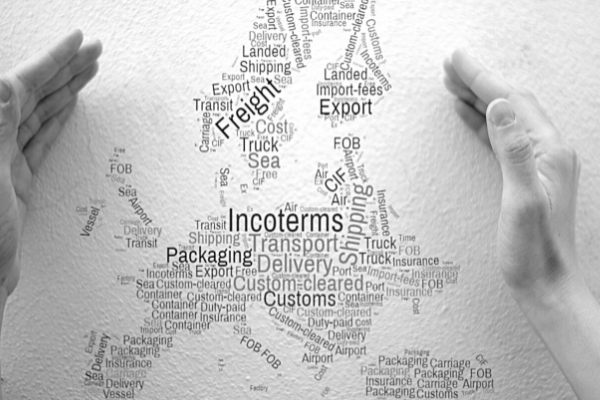Incoterms® 2020

Some exporters mistakenly perceive Incoterms® as mere jargon, a three-letter abbreviation that gets written into contracts and then appears on invoices and Customs declarations. However, mastering the use of Incoterms® can empower exporters, enabling them to save money, minimise delays, and enhance customer satisfaction.









